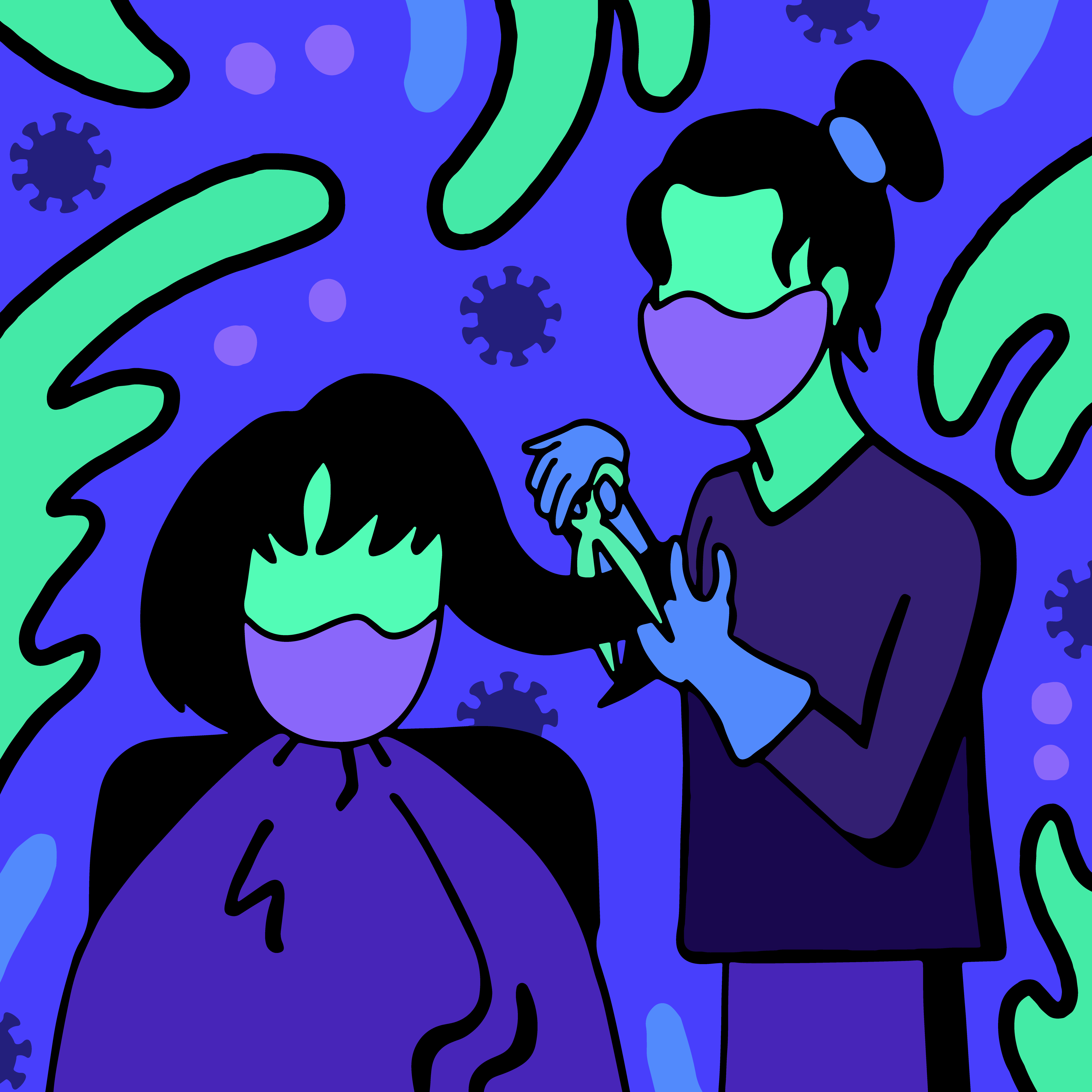Black Salon and Barbershop Owners as Social Influencers
Wil Shelton, CEO and Founder of Wil Power Integrated Marketing
All marketers understand the importance of sharing images and messages with their online communities. But what if your online community doesn’t reflect enough diversity for African Americans to engage? African American salon and barbershop marketing can breathe life into a campaign and enable brands to piggyback on the connection Black barbers and hairstylists already have within their communities—including those that are online.
These cultural catalysts are considered to be taste-makers within the African American community because they are always the first to know about new trends, products, and sports or news information that matters to their customers. When they share an in-store promotion, their customers take it as a recommendation from a trusted source. And that’s when the word-of-mouth marketing really starts to take effect.
African American customers who happen to be in the shops are thrilled to be a part of this seemingly spontaneous, infused in-store experience, which turns another day at the salon into a behind-the-scenes sneak peek at the next big craze that’s about to blow up. In-store marketing means that not only do these customers get to be in the know before everyone else, they score some dope merch to prove it.
You can be sure they leave that salon or barbershop ready to get everyone they know excited, too. But in-store marketing activations don’t end there. Because African-American-owned salons and barbershops tend to have huge online followings on social media sites such as Instagram.
In fact, almost all Black salon and barbershop owners are savvy social media influencers and often have hundreds of thousands of social media followers. You can see why smart brands are competing for their recommendation. Even better, most African American barbers and salon owners are more sophisticated in non-traditional marketing than a lot of senior media planners and buyers. But this hasn’t happened by chance! They are entrepreneurs who have had to teach themselves how to promote their stores and being seen as on-trend is part of the allure.
Shop owners have a history of doing more with less. In short, out of a lack of resources, urban barbershop owners have had to be nimble and develop the skills to become their own Black marketing creatives, media planners, and strategists.
Barbers and stylists are engagement experts, and what they have accomplished can’t be devalued, because they have the power to monetize the culture and narratives in their shops and elevate the marketing strategies of the brands with which they choose to work. Even after COVID-19 hit, they have found ways to pivot and thrive.
African American men and women gather weekly to spend money on self-improvement and discuss what’s new. This culture predisposes them to the idea of receiving brand messaging from the chair. Even as social media has expanded the realm of influencers, barbers and hairstylists have maintained and, in most cases, built on their role as taste-makers to become the micro-influencer stars.
They’ve done it by leveraging their strong social-media engagement skills to develop an ever-widening circle of influence. This phenomenon is nothing new, but, interestingly, COVID-19 has put salon and barbershop owners in the spotlight, as people realize the critical role they play in their lives. This makes it more relevant than ever to leverage their influence to reach African American consumers.
About the Author
Wil Shelton is the CEO & Founder of Wil Power Integrated Marketing, a full-service agency offering traditional and digital marketing services to reach multicultural audiences in the beauty and grooming industries.






